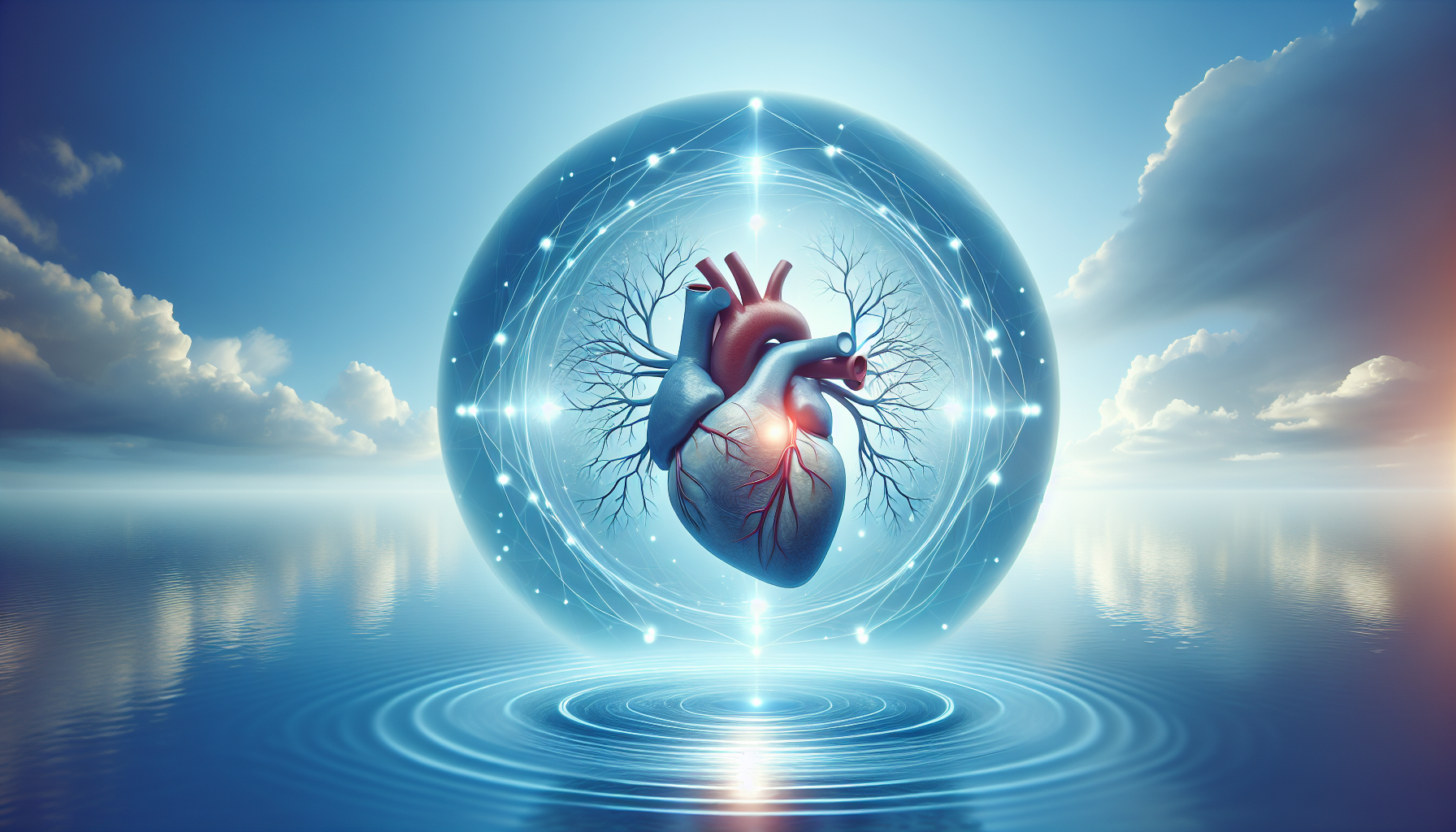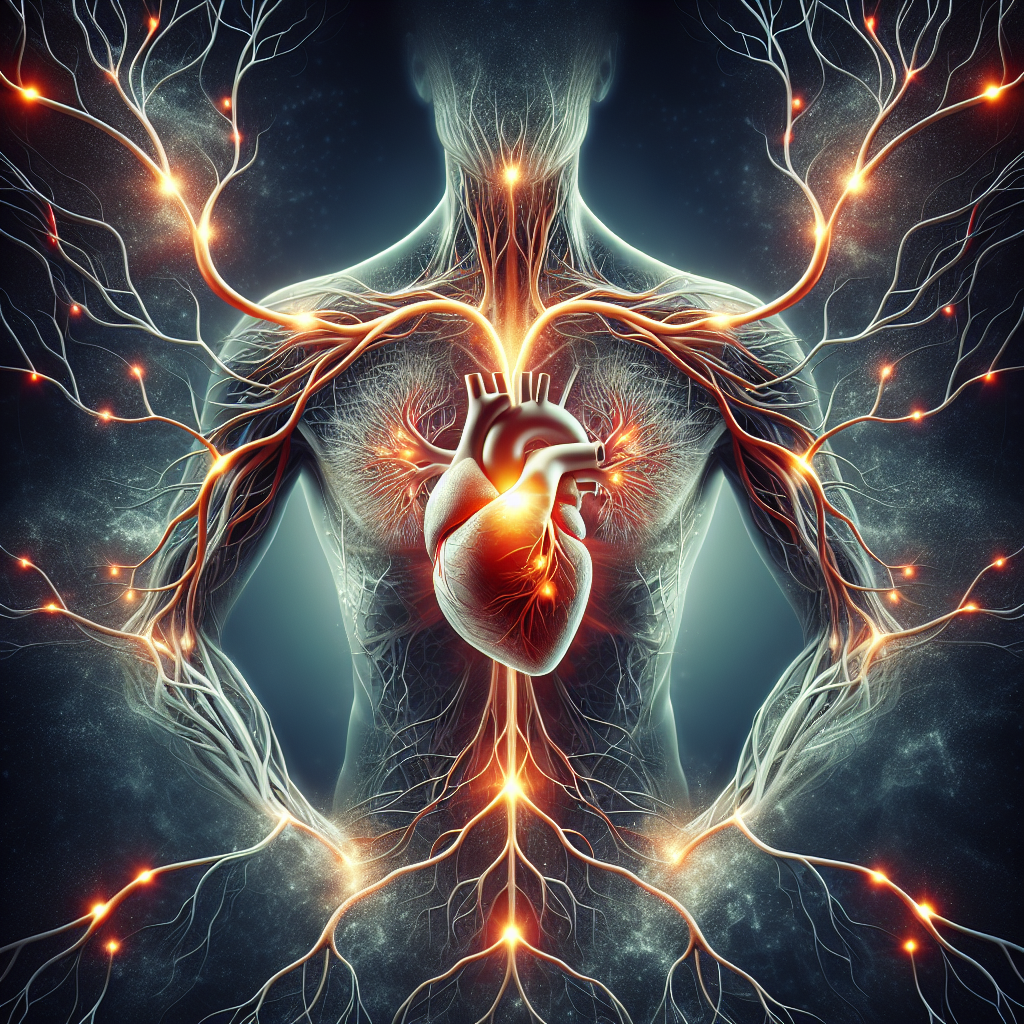Statins, a class of drugs commonly prescribed to manage cholesterol, have long been a cornerstone in the battle against cardiovascular disease. As agents that lower the levels of harmful low-density lipoprotein (LDL) cholesterol in the blood, statins have undoubtedly contributed to the decline in heart disease-related mortalities over the years. However, the full scope of their impact on heart health extends far beyond cholesterol management. This article delves into the nuanced effects of statin therapy on the heart, integrating current research and valuable health strategies.
The Cholesterol Conundrum
Cholesterol is often vilified, but it’s a critical substance for our bodies, playing a vital role in cell membrane structure and hormone production. The problem arises when there’s an imbalance between the ‘good’ high-density lipoprotein (HDL) cholesterol and the ‘bad’ LDL cholesterol. High levels of LDL can lead to atherosclerosis, a condition characterized by the buildup of fatty deposits in the arteries which can impede blood flow and lead to heart attacks or strokes.
Statins function by inhibiting the enzyme HMG-CoA reductase, which is pivotal in the liver’s production of cholesterol. This not only reduces the levels of LDL cholesterol but also modestly raises HDL cholesterol and lowers triglycerides, another type of fat in the blood that can exacerbate heart disease.
Statins: Beyond Lipid Lowering
While the lipid-lowering prowess of statins is widely recognized, these drugs also exhibit ‘pleiotropic’ effects – meaning they have actions apart from their primary use. Statins have been shown to improve the function of the endothelium, the inner lining of blood vessels, which helps maintain vascular health. They also possess anti-inflammatory properties and can stabilize atherosclerotic plaques, making them less likely to rupture and cause a clot—a major precipitator of heart attacks.
Moreover, statins may have a role in modulating blood pressure and improving heart muscle function, particularly in individuals with heart failure. It is these comprehensive effects that contribute to statins’ effectiveness in preventing cardiovascular events.
For further insights into maintaining a healthy cardiovascular system, visit Cardiovascular Health.
Potential Side Effects and Considerations
Despite their benefits, statin therapy is not without potential side effects. Muscle pain and weakness are the most commonly reported issues, which can be dose-related and may necessitate adjustments or even switching to different medications. There is also evidence suggesting a small increase in the risk of developing type 2 diabetes with statin use, especially in populations already at risk for the disease.
It is critical for patients and healthcare providers to weigh the advantages of statin therapy against these possible risks, and for individuals to be aware of the factors that may predispose them to side effects. This includes, but is not limited to, age, concurrent medications, and pre-existing health conditions.
Interplay with Lifestyle and Diet
Statins are not a standalone solution. A holistic approach to heart health, incorporating a balanced diet, regular physical activity, and stress management, is paramount. The Mediterranean diet, rich in fruits, vegetables, whole grains, and healthy fats like olive oil, has been associated with a reduced risk of cardiovascular disease and may complement the effects of statins.
Engaging in regular exercise can improve cardiovascular fitness and aid in maintaining a healthy weight, which in turn can enhance the efficacy of statin therapy. Techniques for stress reduction, such as mindfulness and yoga, also contribute to a reduction in blood pressure and overall cardiovascular risk.
For strategies on integrating these lifestyle changes, explore articles such as Heart Health Strategies for People with Sedentary Jobs and Tackling Heart Health Through Holistic Lifestyle Changes.
Statin Therapy in Special Populations
Certain populations may derive particular benefit from statin therapy. Postmenopausal women, for example, experience a rise in cardiovascular risk due to hormonal changes. Statins can play a key role in mitigating this risk, but should be considered within the broader context of each individual’s health profile.
Read more about this demographic’s specific needs at Understanding the Risks of Heart Disease in Postmenopausal Women.
The Future of Heart Health and Statin Use
As research advances, the role of statins in heart health continues to evolve. Emerging data suggests that genetic factors may influence an individual’s response to statin therapy, paving the way for more personalized treatment plans. Additionally, the development of new lipid-lowering agents may offer alternatives to statins, especially for those unable to tolerate them.
To provide a robust knowledge base for our readers, we also turn to highly specific external resources. For instance, a detailed exploration of the genetic determinants of statin response can be found in the Journal of the American College of Cardiology, while the European Heart Journal offers insights into the latest advancements in lipid-lowering therapies beyond statins.
Conclusion
Statin therapy is a multifaceted tool in the fight against heart disease. Its benefits extend beyond lowering cholesterol, touching upon various aspects of cardiovascular health. However, a comprehensive approach that includes lifestyle and dietary modifications is essential to maximizing the therapeutic benefits of statins.
Healthcare providers must tailor statin use to the individual, considering all potential risks and benefits. As the landscape of cardiovascular medicine evolves, so too will the strategies for utilizing statin therapy to its full potential, ensuring that patients receive the most effective care for their unique circumstances.



